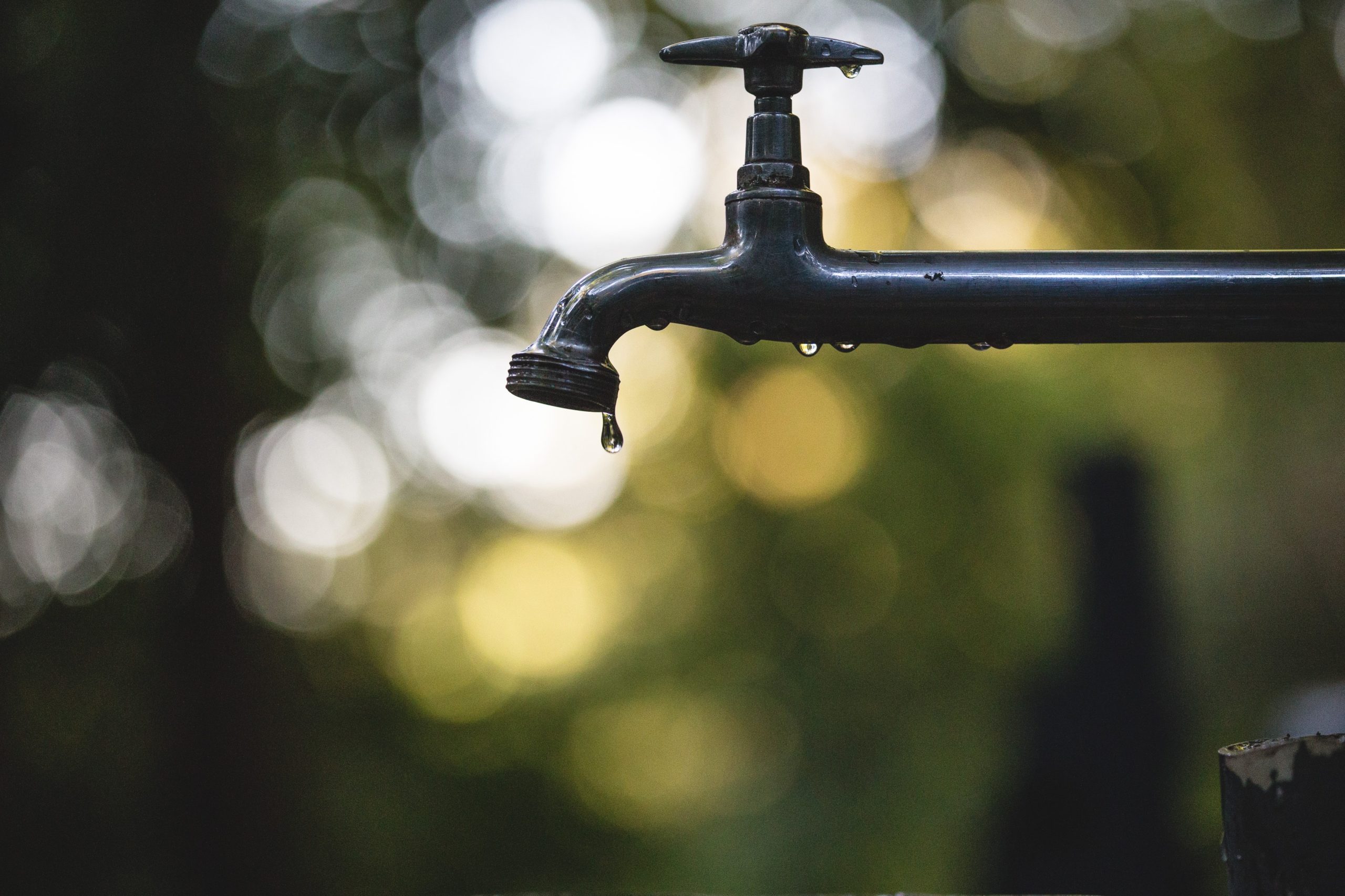3 Ways to Reduce Water Use in Your Hotel

Water is a precious commodity and we should not be wasting it. Here are a few ways to reduce water use in your hotel.
About 71% of the earth’s surface is made up of water, yet only 1% of the earth’s water is available for our use. It is the basis of all life and while the earth will not run out of water, increasingly, specific regions in the world are suffering as a result of drought. Over the last 100 years, there has been a 600% increase in global demand for water.
According to Irish Water, the average person in Ireland uses 129 litres of water per day. That amounts to about 5.5 billion litres of potable water (safe to drink or use in food) used in Ireland daily. From a business perspective, being seen to care about the environment by conserving water can boost your business reputation and credibility. It also saves you money, protects natural ecosystems and makes your business and our country more resilient in the face of a crisis.
Here are three ways to reduce water use in your hotel.
1. Fix Leaks
Ireland’s water pipe system is old and faulty. In 2020 alone, we lost about 42% of all our treated water to leaks. Any leaks that happen after the water passes your meter is your responsibility and will cost you money.
Here are some simple steps to check a pipe for leaks:
- Select a time when your business has minimal or no activity, and you are sure that little or no water is being used.
- Take a meter reading.
- Wait three hours and take the meter reading again.
- If there is a substantial difference, you have a leak. In this case, call a plumber and/or contact Irish Water. Irish Water offers free leak repairs on faulty equipment.
A lot of water can be wasted through equipment, so train your staff to be on the lookout for leaky taps, shower heads and appliances, and to report them to their manager.
2. Invest in Equipment
Set up a measurement and monitoring system in your business to gather consumption data. From that, you will be able to review the results and see which area requires attention first. Then, it’s time to start investing in some equipment.
The following is a list of items that can make big differences without affecting customer experience.
- Aerators – Used to reduce the flow rate in taps and showers.
- Cistern Bag – If your toilet flow is high, then inserting a cistern bag (e.g. Hippo) or even a brick will displace water in the cistern and reduce the water per flush.
- Urinals – If you have urinals that flush automatically after a set period, consider replacing them with waterless urinals or sensored urinals.
- Taps – Two-tap sinks with screw taps are prone to not being closed and are estimated to release 15 litres of water per tap per minute! Replace traditional taps with mixer taps, lever taps or sensor taps. Flow rate can be reduced to four litres per minute!
- Low-Flow Showers – Traditional power showers can use 25 litres per minute while a low-flow shower can be as little as 10 litres per minute.
- Sub-Meters – allow you to identify poor behaviour and then reduce consumption. Sub-meters should be attached to your mains water meter and located in areas of high consumption, e.g. kitchen, leisure centre or laundry room.
- Rainwater Harvesting – Captured rain can be used for non-potable uses, e.g. in the garden. Investment in a full filtration system would mean it can be fully re-used in your business.
- New Equipment – As you replace equipment such as dishwashers and washing machines, ensure replacements use minimal amounts of water and have the best energy ratings.
3. Alter Behaviour
Changing the way you and your team think about conservation and the environment can have the biggest impact (and even influence your guests!). Train your team on your water-conservation policy and highlight areas where their day-to-day decisions can have a big impact.
Indoors:
- Choosing better wash cycle in dishwashers and washing machines.
- Ensuring full loads only in dishwashers and washing machines.
- Reporting leaks.
- Minimising water used when cleaning, e.g. aim to achieve toilet cleanliness standard with just one flush. Using alternative cleaning products that can reduce rinsing.
- Using sink stopper when rinsing or washing.
- Avoiding tap-running in advance or after cleaning and rinsing.
Outdoors:
- Checking sprinklers are not sprinkling hard surfaces.
- Selecting plants that require minimal watering.
- Watering early in the morning and late in the evening to avoid evaporation.
- Mulching. Add layers of bark to keep the sun off the soil and reduce evaporation.
Introducing Towel Reuse and Linen Reuse programmes are a great way to encourage your guests to play their part. And don’t forget to keep reports so you can see how much progress has been made, as well as to acknowledge and recognise the contribution of everyone involved.
Sustainable Tourism Network is a profit-for-purpose company. Our purpose is simple; we want to transform the Irish tourism industry into one that respects and protects the environment, but also supports local communities and makes better places for people to live and work in. Learn more about what we do here.




